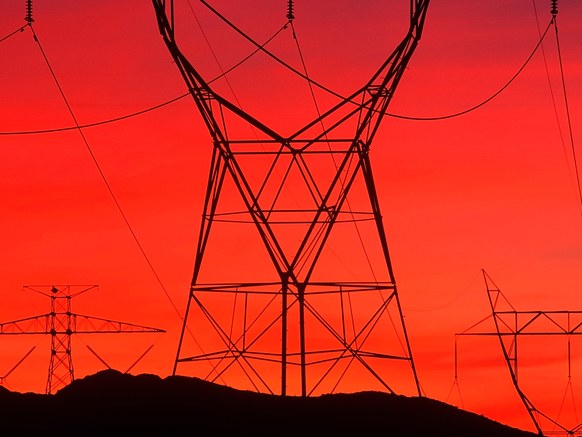EMPs or CMEs are statistical possibilities but hackers are a lot more plentiful and therefore a lot more likely to be the cause of the grid going down.

There was a recent (9/06/17) story in the online WIRED magazine (link here) that discussed recent revelations about hackers penetrating power company networks. While the story got some traction in the online tech circles, it was noticeably absent from the Mainstream Media. They, of course, have been preoccupied with agonizing over anything and everything Trump does.
The WIRED story described hacker intrusions into several power companies, both in the US and one in Turkey. They also showed video of a hacker who took control of a Ukranian power company computer (you can see the hacker moving the cursor around the screen). While hackers did manage to cause some blackouts in Ukraine, none of the US intrusions caused any damage.
Were we too smart for the hackers? Did we foil their schemes? Should that make us feel some safety — knowing that someone is guarding the grid? Not really. A quote from the article reads: “…in the most successful of those cases, including several instances in the US and one in Turkey, the attackers penetrated deep enough to screenshot the actual control panels for their targets’ grid operations—what Symantec believes was a final step in positioning themselves to sabotage those systems at will.”
This was precisely the scenario I used in my Siege of New Hampshire story. Hackers gained control but waited until their chosen moment to flip the switch. Hackers don’t have to control everything. They only need to control a few critical areas sufficient to cause follow-on damage far greater than direct hacking could ever cause.
Part of that follow-on damage is the difficulty in replacing big grid equipment. Power companies do not keep a big inventory of expensive equipment. Modern hand-to-mouth business practices frown on “stranded capital.” Instead, firms rely on just-in-time deliveries for planned service. Since much of the equipment takes a long time to build — often coming from overseas — it’s clear that any concerted failures would not have spare parts available for a long time.
News, as in the WIRED article, should prompt people to examine their lifestyle for grid dependency. This goes far beyond mere power for lights and TV. Gas and oil furnaces run on electricity. How will you heat your home? Most wells require power to pump your water. City water is pressurized by electric pumps too. How would you cook your food? (how much food you have is another topic) Generators can provide temporary power as long as your stored fuel lasts. How much fuel do you have stored? Enough for a week? A month?
But, consider the wider implications. If the grid stays down for weeks or months, what happens to the economy? FEMA has repeatedly proven that they cannot be the savior. They help, here and there, but their capacity is easily overwhelmed. Trucks stop delivering groceries and gasoline. People can no longer go to work or DO their work, if they got there.
The WIRED article is another reminder that trouble could strike suddenly — without a several day advance warning like a hurricane. Assess your home situation. Where do you need to prepare? If and when the lights go out, it will be too late to start.
